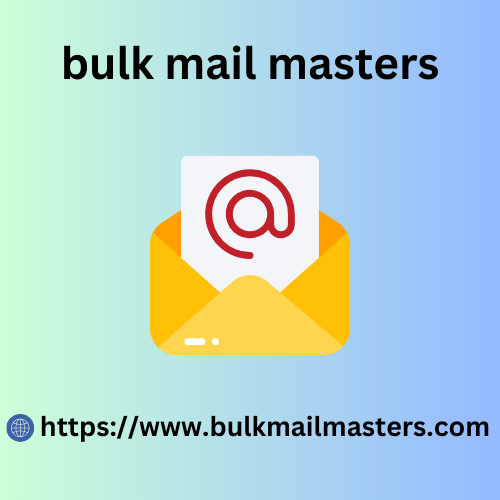Gmail’s SMTP server is reliable and has a high delivery rate.
In some cases, it makes sense to use the server for email outreach.
However, if you plan on doing so, there’s something you really need to know.
From September 2024 onwards, you’ll only be bulk mail masters able to use their SMTP server in 3rd party apps by using the signing with Google option.
We’ll explain all below.
What is SMTP anyway?
Simple Mail Transfer Protocol is, by far, the most widely used protocol for sending emails.
SMTP comes into action when you click the send button in your email client. Hitting that button connects your email client to the SMTP server.
SMTP then functions as a postman, taking your email to the receiving server (typically an IMAP) server, to which the recipient’s email client can connect to check their email.
Using Gmail’s SMTP with third-party apps or services
From September 2024 onwards, you can only use Gmail SMTP with apps that use Sign in with Google.
Before that it was possible to use the server in any app by logging in to the server with your username and password. To tighten security, that will change.
The bad news is that there’s less flexibility the hottest sneakers right now regarding where you can use Gmail’s SMTP.
The good news is that connecting to the SMTP will be much easier with Sign in with Google. No need to manually add server information; just log in, and most cases, you’re done!
With the new approach coming into effect soon, it doesn’t make sense connecting manually to Gmail’s SMTP server anymore.
Adding SMTP servers to Gmail
Using Gmail’s SMTP server with third-party apps is but one way of the equation. It’s also possible to add non-Gmail SMTP servers to your Gmail interface.
The most likely scenario here is when you want to add another sending email account to Gmail. Here’s how to do that:
Step 1: Collect SMTP server info from your email service provider or domain. You need:
- Your email’s username and password
- The server’s address. Usually it follows this syntax: subdomain.domain.com. For example the Gmail SMTP (not to be used here) is smtp.gmail.com.
- The port number the server uses. SMTP typically utilizes port 587 (TLS encryption), port 465 (SSL encryption), or port 25 (no encryption). TLS offers the strongest encryption, SSL is still good, but port 25 is unencrypted and therefore less secure.
Step 2: Go to your Gmail account and click the settings icon. Then click Accounts and Import.
Step 3: Scroll down to Send mail as, and in that section, click Add another email address.
Step 4: A window will pop up where you must give a name to this email account and add your email address. Click next when done.
Step 6: If all went well, the sending account australia data should now be active. If it’s not, check if you entered the port number and encryption method entered correctly. The information has to match with the details your ESP gave you.
Gmail SMTP: Embracing secure sign-in
Using Gmail’s SMTP server can still be worth it, but you need an app or service that uses the Sign in with Google option.
As you know now, that isn’t necessarily a disadvantage, as it makes connecting to the SMTP server easier and more secure.

